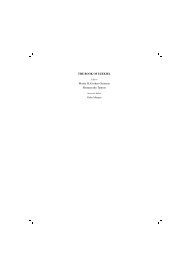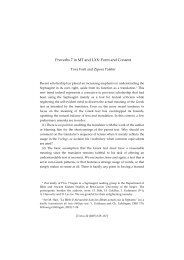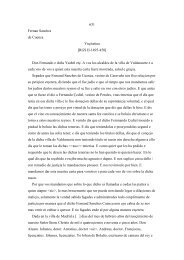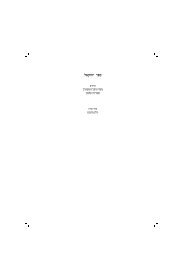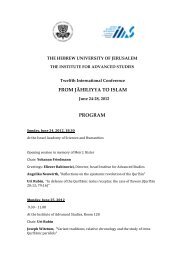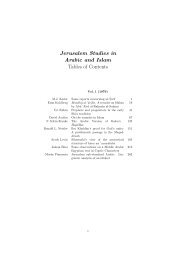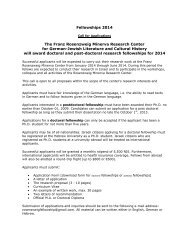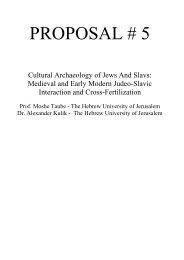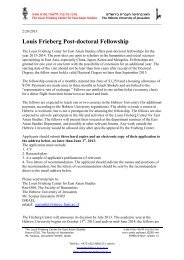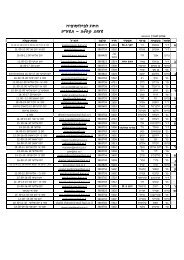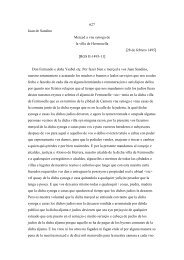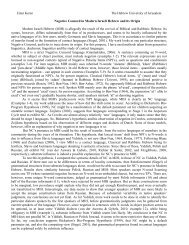Baber Johansen
Baber Johansen
Baber Johansen
Create successful ePaper yourself
Turn your PDF publications into a flip-book with our unique Google optimized e-Paper software.
13<br />
his theoretical approach is entirely based on his analysis of the forms of<br />
the norms that regulate the cult.<br />
Bousquet names two criteria that, according to his approach, distinguish<br />
Islamic ÝibÁdÁt from the cult of other religions: 1. Other religions are not<br />
concerned solely, or even principally, with carrying out the divine will; 50<br />
2. The cult of other religions serves the purpose of bringing the believer<br />
closer to God, whereas, it seems, Islamic ÝibÁdÁt are not able to do that<br />
because they insist too much on the commands of God.<br />
There is little doubt that fiqh construes acts of worship as one-sided<br />
obligations. 51 But—much as in other monotheistic religions—the<br />
performance of these obligations by the believers is meant "to bring the<br />
believers closer to the divine and in contact with it." While the Muslim<br />
believers aim at "carrying out the divine will" they strive through their<br />
acts of worship to come closer to God and to be rewarded by Him. The<br />
jurists explicitly and over centuries teach that human "acts of nearness<br />
with God" (qurba) and "acts of approaching" (taqarrub) God will bring<br />
the actors closer to God. This tenet has its origin in the QurÞÁn, Sura 9<br />
(al-Tawba), verse 99:<br />
Yet some Arabs of the desert believe in God and the Last<br />
Day, and regard what they give as a means of bringing them<br />
closer to God (qurubÁtin ‘inda llÁhi) and the blessings of<br />
the Prophet. This is certainly a means of achieving nearness<br />
for them (qurbatun lahum) (to God), and God will admit<br />
them to His mercy, for God is forgiving and kind.<br />
Legal methodologies (uÒÙl al-fiqh) and the positive law (furÙÝ al-fiqh) of<br />
all four Sunnī law schools of the eleventh century integrate the discussion<br />
of qurba and taqarrub into the divine command theory of the law. Three<br />
of the Sunnī law schools hold that acts which fulfill the criteria of qurba<br />
and taqarrub distinguish those acts of the Prophet that are considered<br />
obligatory commands for the believers from other acts of the Prophet.



